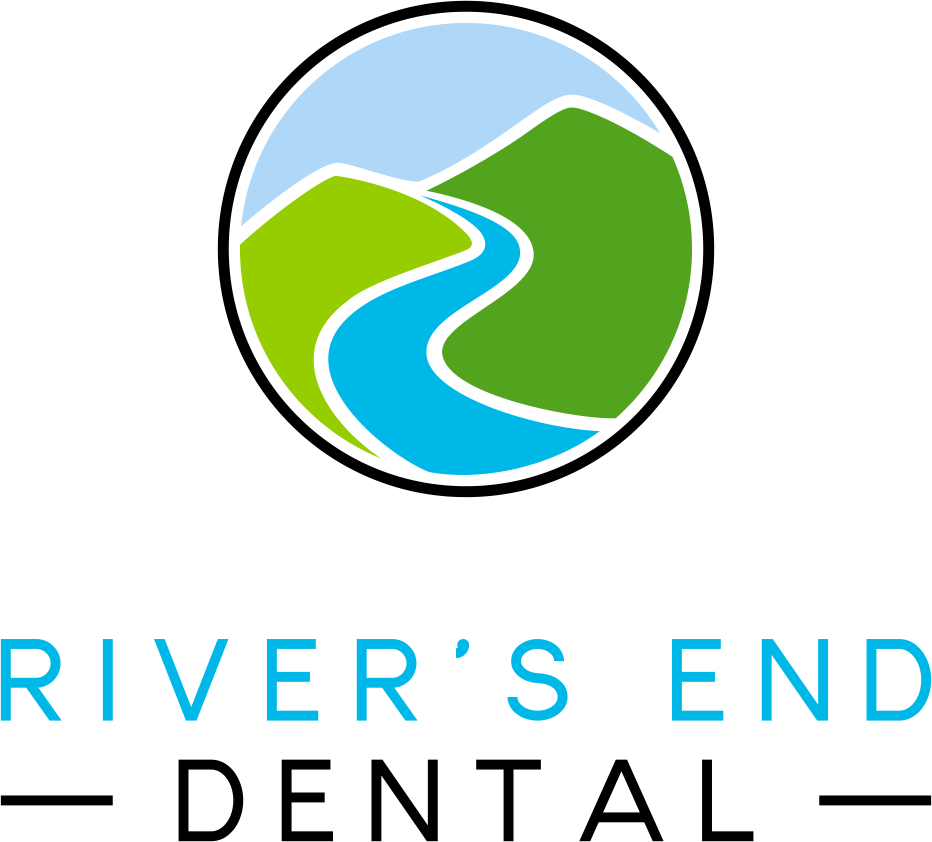Emergency Dental Care
If you’re faced with a dental emergency, we’ve got you covered.
At River’s End Dental, we’re aware of the inconvenience that a dental emergency can cause. That’s why we’re committed to ensuring your care is as quick and hassle-free as possible.
Emergencies can occur at any given moment, so it is important to us that our customers always feel safe and supported. Come by our office if you have a dental emergency during our standard business hours. Our staff will receive you with the urgency and quality care you deserve.
To make sure you always have access to the resources you need, we keep our emergency care line connected 24/7.
If you experience a dental emergency outside of our operating hours, please call our office number (970-639-1500). There you’ll receive the emergency contact information you need.
Of course, if your emergency is life-threatening, please call 911 now.
Below, we’ve provided useful steps for a few specific dental emergencies:
Tooth Loss
Follow these steps if you’ve lost a permanent tooth.
Hold the tooth by the crown, or the top of the tooth.
Take care to avoid any contact with the root of the tooth. Touching or brushing this location can cause damage.
If the tooth is dirty, gently rinse it with milk. If milk is not available to you, you can use water.
Do not brush or scrub the tooth.
If at all possible, try to place the tooth back in its socket, turned the correct direction.
If you cannot return the tooth to its original location, use an Optimal Storage Environment (OSE) kit to safely store the tooth. If this option is not available, you can store the tooth in a container of milk.
If neither of these options is available, place the tooth in a container with water or inside a clean cloth.
You may also choose to place the tooth between your cheek and gums. If you select this option, be careful not to swallow the tooth.
Contact our office immediately upon the completion of these steps.
Chipped or Fractured Teeth
Unless you’re in pain, a small chip in your tooth may not require emergency care. If your chipped tooth is not causing pain, give us a call or stop by our office at your earliest convenience.
A larger crack may be considered a dental emergency. An external fracture can suggest more extensive trauma inside the tooth.
If you have a fractured tooth or are experiencing pain associated with a crack or chip, follow the steps below.
Use warm water to completely rinse the area.
If you are bleeding, use a piece of gauze to apply gentle pressure to the area. Continue this for ten minutes, or until the area has stopped bleeding.
If you have endured facial trauma, apply a cold compress to the affected area.
To address pain, you may take an over-the-counter painkiller.
Make sure to follow directions indicated on all medication packaging.
Call our office upon completion of these steps.
Toothache and Swelling
If you have a toothache with or without swelling, call our office to make an appointment as soon as you can.
If you can’t come in straight away, the steps below may offer temporary relief:
Use a warm salt-water rinse to remove any food from the area.
If your pain level allows, try to clean the area with some gentle brushing and flossing.
NEVER place aspirin at the site of the pain, as this can result in a chemical burn.
Hold a cold compress to your cheek where you are experiencing pain.
If you notice visible swelling, alternate applying the compress for ten minutes, and then removing it for five minutes before reapplying.
Soft Tissue Injuries
Soft tissue injuries include lacerations or cuts. If this describes your situation, follow the steps below. This will help lower the risk of infection and minimize your pain level.
Use warm water to rinse the affected area.
Use a piece of gauze to apply pressure for fifteen minutes.
Place a cold compress on your face near the site of the injury. This will help minimize swelling and bruising.
Contact our office if you cannot control the bleeding, or if your laceration was caused by another significant dental injury.
